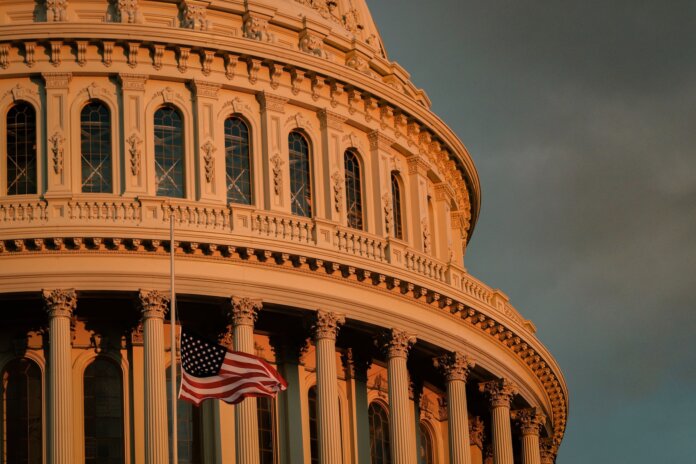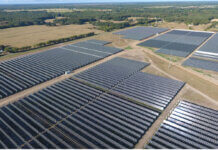The U.S. House of Representatives has passed the Limit, Save, Grow Act of 2023, a bill intended to increase the federal debt limit while decreasing spending, while repealing nearly all of the clean energy measures enacted by the Inflation Reduction Act (IRA).
“House leadership is attempting to halt the nation’s accelerating momentum toward a clean energy future,” said Gregory Wetstone, president and CEO of the American Council on Renewable Energy (ACORE). “The IRA tax incentives that would be repealed by this legislation have spurred American companies to announce dozens of new clean energy generation and manufacturing projects.
“Backtracking on these popular programs would harm our economy, weaken American competitiveness in the booming global clean energy marketplace and undermine our climate goals,” he added.
The 217-215 vote was along party lines: Only four Republicans joined 211 Democrats to vote “no.”
“The Inflation Reduction Act has sparked billions of dollars of new clean energy investments and supported a domestic manufacturing renaissance,” said Abigail Ross Hopper, president and CEO of the Solar Energy Industries Association (SEIA). “The 255,000 Americans in the U.S. solar and storage industry are calling on congressional champions to defend these job-creating policies.”
Jason Grumet, CEO of the American Clean Power Association (ACP), highlighted the deeply divisive nature of the bill.
“No American industry enjoys being used as a pawn in partisan political negotiations,” he said, noting, however, that the ACP is still confident that the Congress and Biden administration “will not interrupt the burst of private sector investment in American clean energy production and manufacturing.”
“In the last nine months, 46 new clean energy manufacturing and production facilities have been announced, creating high-wage jobs in communities across the country,” he noted.
The vote is likely to set off rounds of negotiations among Republican leadership, key Democrats and the Biden administration.
“We urge House leadership to negotiate a clean debt limit increase, avoid the risk of a national default, and support the ongoing renewable energy transition that Americans want and scientists say we desperately need,” Wetstone remarked.
Photo by ElevenPhotographs on Unsplash




